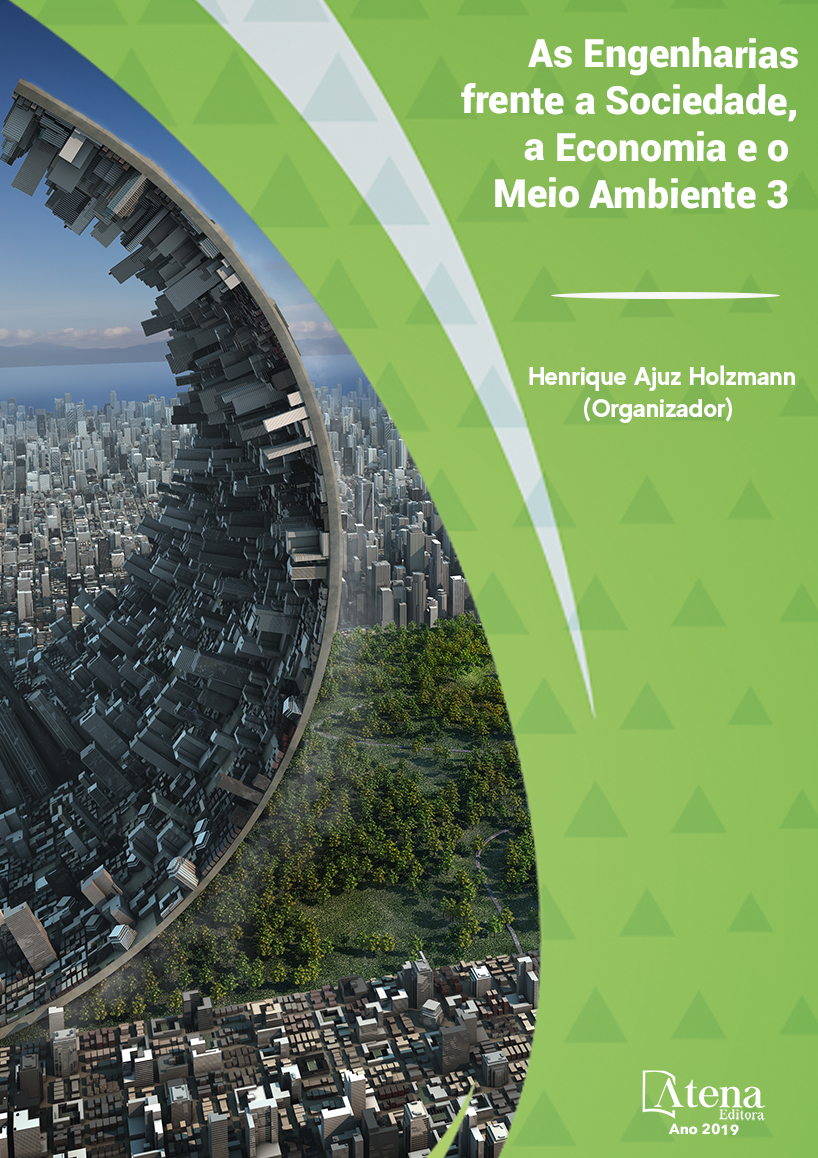
APLICAÇÃO E ANÁLISE VIA MEC EM PROBLEMAS DE TERMOELASTICIDADE 2D
Os materiais constituintes das
fachadas, especificamente da estrutura de
revestimento cerâmico, estão sujeitos a
diferentes intempéries que se traduzem em
ações solicitantes vindas da variação da
temperatura ou choques térmicos. Tais ações,
associadas com as diferentes propriedades
físicas e mecânicas dos materiais empregados
nos revestimentos, produzem estados de
tensões e deformações nas fachadas. Neste
trabalho, propõe-se uma modelagem numérica
pelo Método dos Elementos de Contorno (MEC)
para problemas de Potencial, considerando a
estrutura de revestimento sob ação cíclica de
temperatura na cidade de Brasília, avaliando
seu efeito sob a estrutura de revestimento.
A metodologia consiste em modelar perfis
constituídos de emboço, argamassa colante
e cerâmica, utilizando-se um pacote de
software acadêmico baseado no MEC, visando
determinar a distribuição de temperatura e,
posteriormente, as tensões térmicas. De posse
dos resultados, espera-se compreender de
forma mais clara a participação dos efeitos das
tensões térmicas sobre as diversas patologias,
as quais as estruturas de revestimento cerâmico
estão submetidas.
APLICAÇÃO E ANÁLISE VIA MEC EM PROBLEMAS DE TERMOELASTICIDADE 2D
-
DOI: 10.22533/at.ed.32019250616
-
Palavras-chave: revestimento cerâmico; modelagem térmica; elementos de contorno; BEMLAB2D.
-
Keywords: ceramic coating; thermal modeling; boundary elements; BEMLAB2D.
-
Abstract:
The materials that constitute
the building facades, specifically the ceramic
coating structure, are subject to different
weather conditions. In fact, those adverse
circumstances translate into loads, mainly
generated by changes in temperature or thermal
shocks, associated with the different physical
and mechanical materials properties used in
the coatings, produce stresses and strain states
in the facades. Here, is proposes a numerical
modeling via Boundary Elements Method (BEM)
for Potential Problems, considering the coating
structure under cyclic temperature action in the
city of Brasilia, evaluating its effectiveness in the
coating structure. The methodology consists in
modelling profiles composed of plaster, bonding
mortar and ceramic, using an academic software
package based on the BEM, to determine the
temperature distribution and, sequentially, the
thermal stresses. With the results, it is expected
to understand more clearly the contribution of
the thermal stresses on the several pathologies
which the ceramic coating structures are
subjected to.
-
Número de páginas: 15
- Gilberto Gomes
- João Carlos Barleta Uchôa
- Luis Vinicius Pereira Silva


